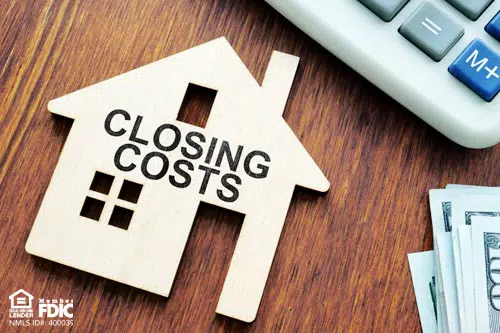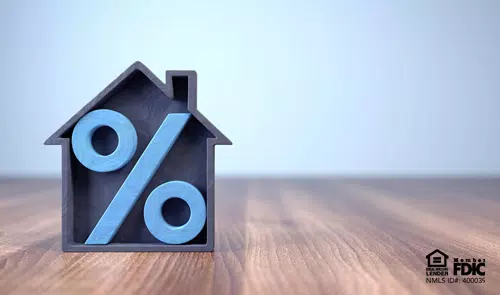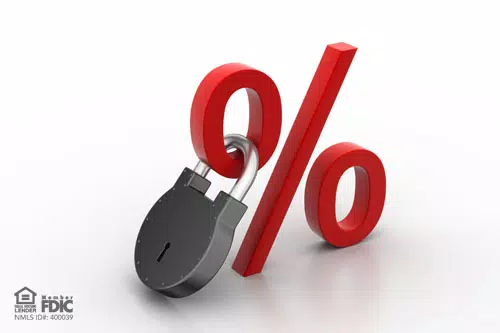As you near the close of your new home purchase, closing costs may surprise you. However, these closing costs are not small and should be expected by every home buyer. Knowing these costs and budgeting for them will make the overall buying experience go much more smoothly.
Closing Costs Explained
Closing costs are all fees and expenses required to close a home loan. They occur at the final step in the mortgage process and must be paid regardless of whether you're buying a new house or refinancing an existing mortgage.
Home buyers pay the bulk of the closing costs, which range from 2% to 5% of the loan amount. Sellers also have a shortlist of closing costs, such as commissions to the real estate agent involved in the sale.
Some lenders will allow you to finance closing costs by incorporating them into the mortgage loan. If you choose this option, you will end up paying more in interest over the life of the loan. Because of this, it's best to pay your closing costs upfront if you can. You might also be able to negotiate with the seller to pay some of the closing costs, especially in a buyer's market. Some states, cities, and counties also have low-interest loan grants or programs available to first-time buyers to help close costs.
Your lender will provide a Loan Estimate that outlines your closing costs when you apply for the loan. The closing disclosure, given to you a few days before settling the mortgage, also includes this information. When you receive your documentation, ask any questions about your closing costs.
What's Included in Closing Costs
The costs you pay at closing will vary depending on the type of loan, where you're buying a house, and other factors. Here are the everyday costs that are typically a part of closing fees:
- Appraisal. Lenders require an appraisal of the home to ensure it's worth the sale price. An appraisal will typically cost $300 to $500.
- Home inspection. Most lenders will also require a home inspection to verify that the home is in good shape and structurally sound. If you're getting a loan backed by the government, such as the VA loan, a home inspection is required to proceed with the purchase. Problems with the inspection may enable you to negotiate a lower price on the house so you can afford to rectify the issues. If the problems are severe, you might also have the option to back out of the agreement. The cost of a home inspection, on average, is $300 to $500.
- Loan origination fee. This is the charge that lenders apply to evaluate and prepare your loan.
- Prepaid interest. The interest accrues from the settlement date to the first monthly payment date of the mortgage. Your loan size will determine how much you will pay.
- Assumption fee. If you're taking on an assumable mortgage from the seller, this variable fee could be charged for the balance left on the loan.
- Attorney fees. In some states, an attorney will need to be present at the closing of the property purchase. The number of hours the attorney works will vary, and this is what determines how much attorney fees you will pay.
- Discount points. Paying points on your loan will reduce the interest rate over its life. In most cases, Each point you pay equals 1% of the loan amount.
Here's a calculator that can help you determine your mortgage closing costs for a given set of loan terms. Do you have more questions about closing costs on home loans? Our experts at NASB are here to help. Call 888-661-1982 or click here to learn more.




